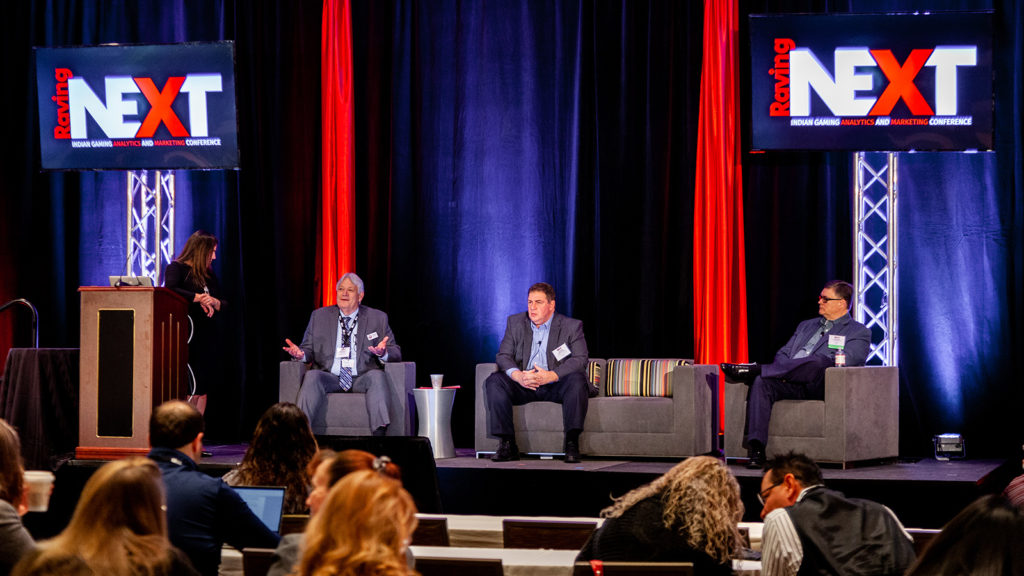Insights for Tribal casino operators and marketers
I recently had the honor of participating in a panel at the Raving NEXT: Indian Gaming Analytics & Marketing Conference with John Cirrincione, CEO and GM of the Santa Ana Star Casino Hotel, and Harold Baugus, CEO of Isleta Resort & Casino. The session was called, Top Five Things We’re Getting Wrong Financially. I thought it would be worthwhile to share some of the discussion from the session; discussion that was not about boring, financial issues as you might expect, but rather insights from experienced executives.
-
Don’t confuse busy with making money
The natural conclusion that people draw when they see a busy, bustling casino floor, restaurant or event venue is that they are making money because of all these guests. However, “busy” may simply be an indicator that your promotion is buying the business. Incentives such as free play may increase coin-in, but may result in lower net win when the additional cost is considered. “Busy” doesn’t necessarily ensure “profitability”!
-
Analysis should be holistic
The results of and conclusions drawn from the analyses we perform on various operations within the casino resort can easily be skewed if we don’t consider and include all relevant costs and other information. We may think a promotion or event was successful for the property, but did we include all of the incremental costs for all departments affected by it? If we just look at marketing or just slots or just food and beverage, we will overlook the impact on the property as a whole and likely draw incorrect conclusions.
-
History is important, but not always accurate
We love to compare our performance to what we’ve achieved in the past. It gives us a sense of progress when the numbers look better than before. But what if the numbers don’t look as good? In the same way that we need to consider the whole when performing analyses, we also need to consider if comparing to the past makes any sense given the changes that may have occurred at the property. If you’ve added a hotel to your casino, your comparison is no longer apples-to-apples. Certainly, we hope that the overall revenue and EBIDA have increased, but when we start looking at statistics and comparing them to the past, we no longer have comparable numbers. External factors may also have an impact on the comparability of current and prior periods. Temporary road closures, significant weather events and area economic events, like business closures or a downturn in a local industry, can also affect the comparability of period-over-period.
-
Promotional drafting
At times, we try to match or one-up our competitors in our markets, especially when it comes to free play. This is an expensive game to play. Rather than simply matching or one-upping a competitor, we need to carefully consider whether the promotion makes sense for our property at all. We may feel pressured to match their offer because “they’re so busy” or “they’re taking our guests,” but have we really evaluated whether they are truly profitable guests? Promotion chasers may take the free money and run. Carefully evaluate whether you should match the offers that your competitors are making. Don’t start something that will be difficult to take back.
-
Don’t let the budget run the business
Budgets are a part of life in most businesses. They can be a useful tool in planning and holding managers accountable for spending. However, the budget shouldn’t dictate the actions that we take when operating our individual departments or the entire property. There can be very good reasons for spending more or less than was budgeted. The business needs and the opportunities that arise should dictate our actions, not what is budgeted. This can often be difficult to understand for those who are in or came from a Tribal government background. For them, the budget is what they have to spend. In a business, the budget is a guide, not a boundary.
We enjoyed participating in the panel and discussing things that we feel are relevant to us all. I think I can sum up the overall gist of the conversation in this way: think before you take action, and thoroughly evaluate every action that you take. Take the things you learn along the way into consideration when making your next decisions.


